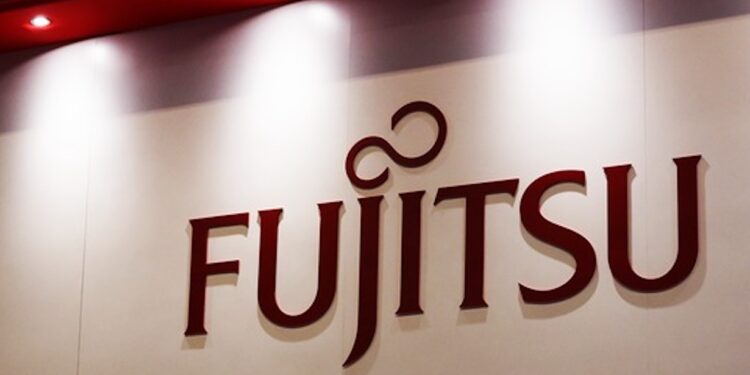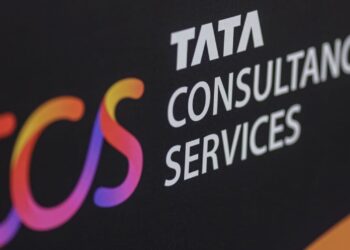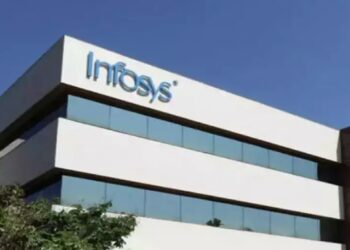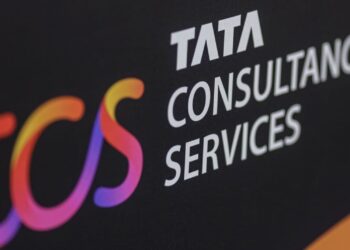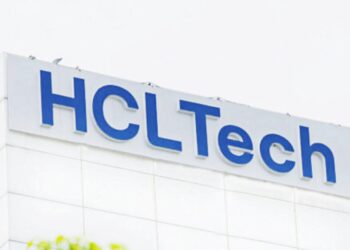Fujitsu Limited and Acer Medical Inc., a provider of AI-powered medical imaging and preventative medicine, today announced a collaborative agreement to develop “aiGait” powered by Uvance, a solution that leverages Fujitsu’s advanced skeleton recognition AI technology to detect gait pattern abnormalities, and provide gait quantization to healthcare professionals to support the early diagnosis of dementia and Parkinson’s disease. The technology is part of “Fujitsu Kozuchi for Vision” from the Fujitsu Uvance offering “AI Technologies and Solutions.” The agreement, signed on June 25, 2025, has been planned with initial testing at the daycare center attached to the Taipei Veterans Hospital. The testing will utilize cameras to capture data on patient movements, including standing up, sitting down, and walking, and will compare it with movements specific to dementia patients using skeleton recognition AI technology. The solution is expected to be introduced by Acer Medical to elderly care facilities across Taiwan by the end of 2025.
By integrating Fujitsu’s advanced skeleton recognition AI into its mobile-friendly solution, Acer Medical is transforming routine movements—like standing, sitting, and walking—into valuable clinical insights. The goal of Acer Medical is to help caregivers and clinicians detect subtle changes early, enabling timely intervention and improving patient outcomes. This initiative reflects Acer Medical’s broader mission: to bring intelligent, affordable healthcare solutions to communities that need them most.
Under the business model Fujitsu Uvance, Fujitsu is building an ecosystem of Uvance Partners that will apply data and AI towards the resolution of social issues. Through co-creation with these partners, and utilizing AI Decision Intelligence, Fujitsu aims to realize high-end health management services and advance people’s wellbeing.
Under this partnership, Fujitsu and Acer Medical will accelerate efforts to address the social challenges related to gait abnormalities, including their presentation as the early symptoms of dementia and Parkinson’s disease. The two companies aim to improve access to elderly care by rolling out this jointly-developed solution to care facilities and primary care clinics in Taiwan and hope to eventually apply it in sports science analysis, pediatric neurodevelopmental disorders, and cerebral palsy.
Allen Lien M.D., DrPH, Chairman of Acer Medical, comments:
“This collaboration brings together the technological and clinical expertise of both Taiwan and Japan, addressing the growing demand for preventive medicine and smart healthcare in aging societies. Acer Medical will continue to refine the user experience by actively gathering feedback from healthcare professionals and care providers, aiming to enhance the practicality and scalability of the overall solution.”
Hidenori Fujiwara, Head of Human Digital Twin Division, Global Solution Business Group, Fujitsu, comments:
“We are honored that Fujitsu’s skeleton recognition AI technology can contribute to the early detection of dementia and Parkinson’s disease through our collaboration with Acer Medical. By combining Acer Medical’s outstanding expertise and track record in the AI health tech field with our technology and know-how in analyzing human movement with ease and high accuracy, we have created a solution that can be rolled out globally.
This initiative aligns with the World Health Organization’s vision of ‘healthy aging’ and we aim to leverage the insights gained from its implementation in Taiwan to contribute to addressing the challenges faced by an aging world.”
(Press Release)
